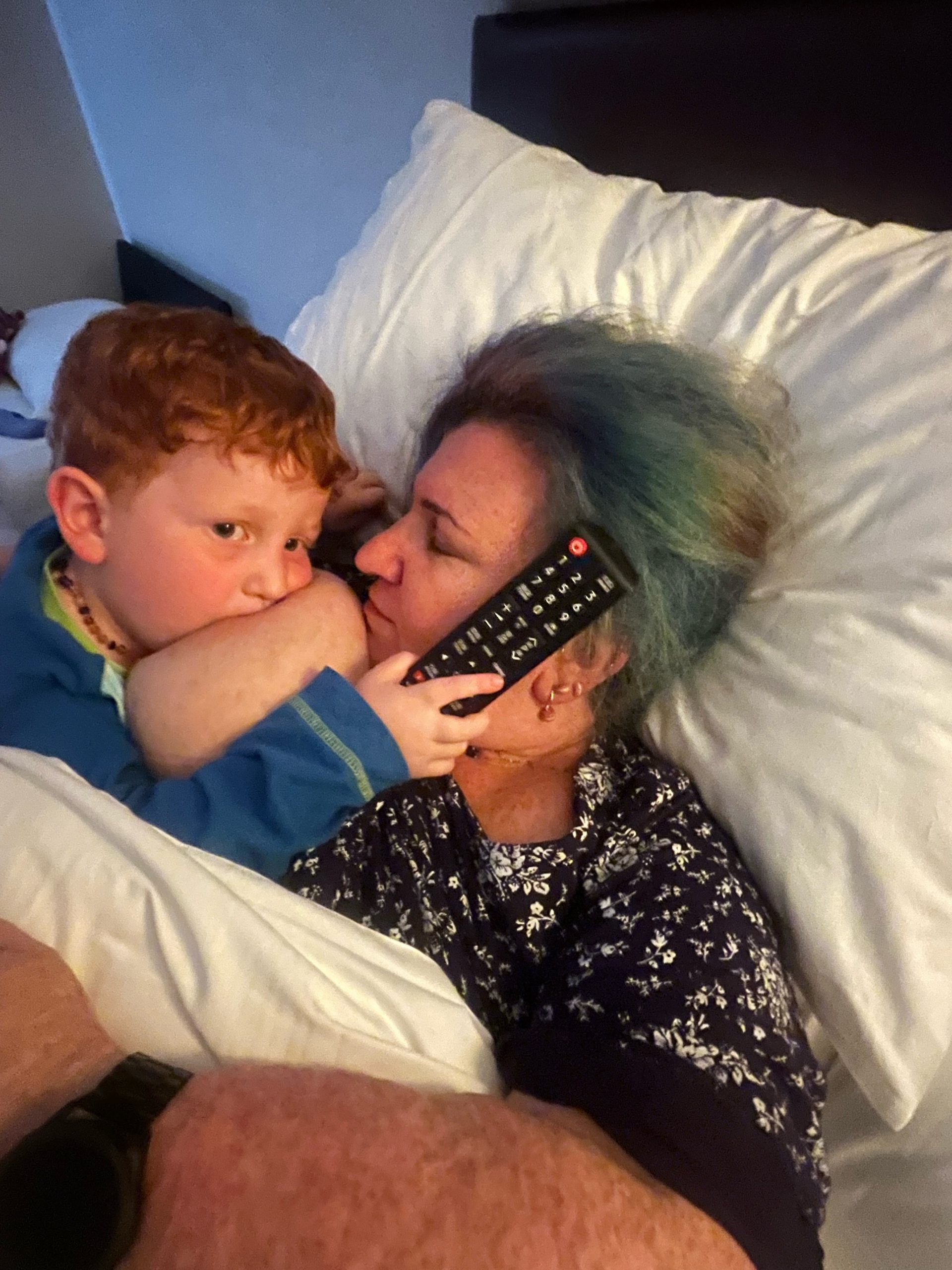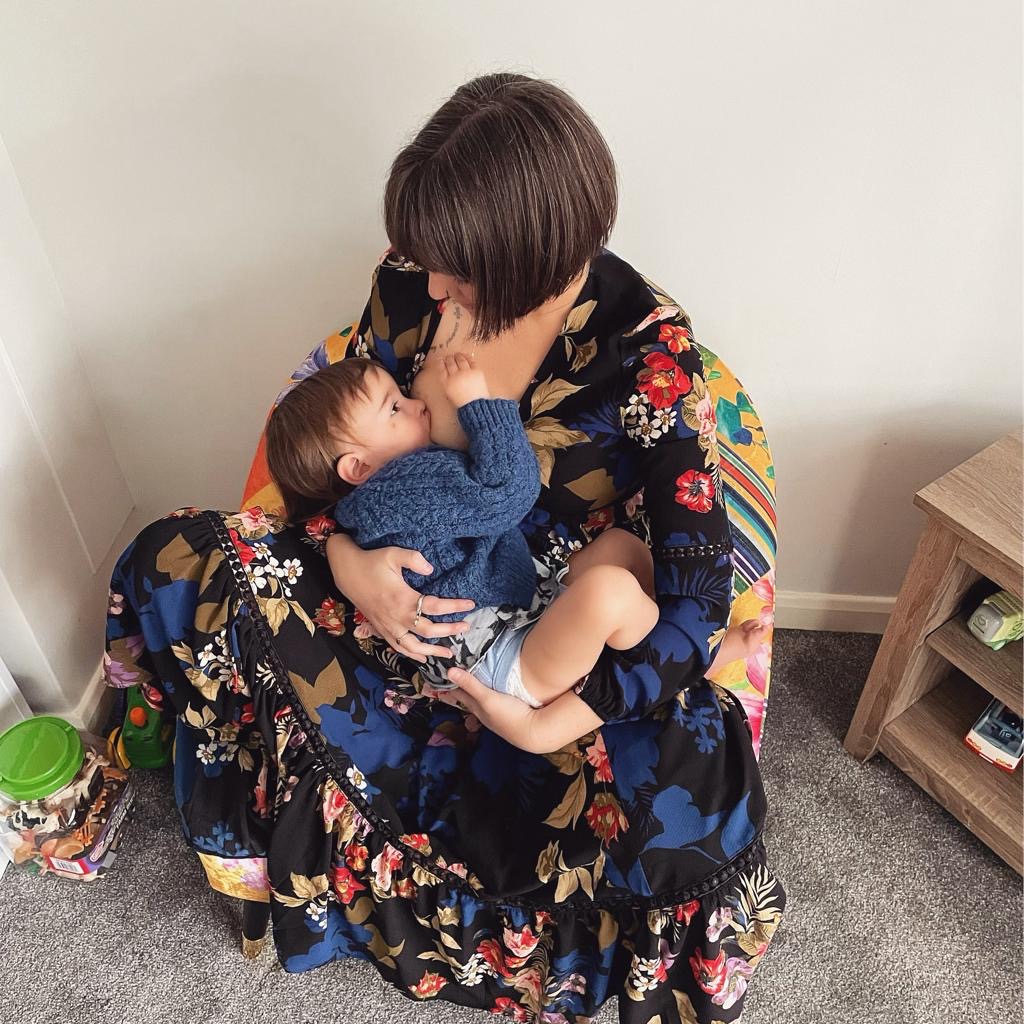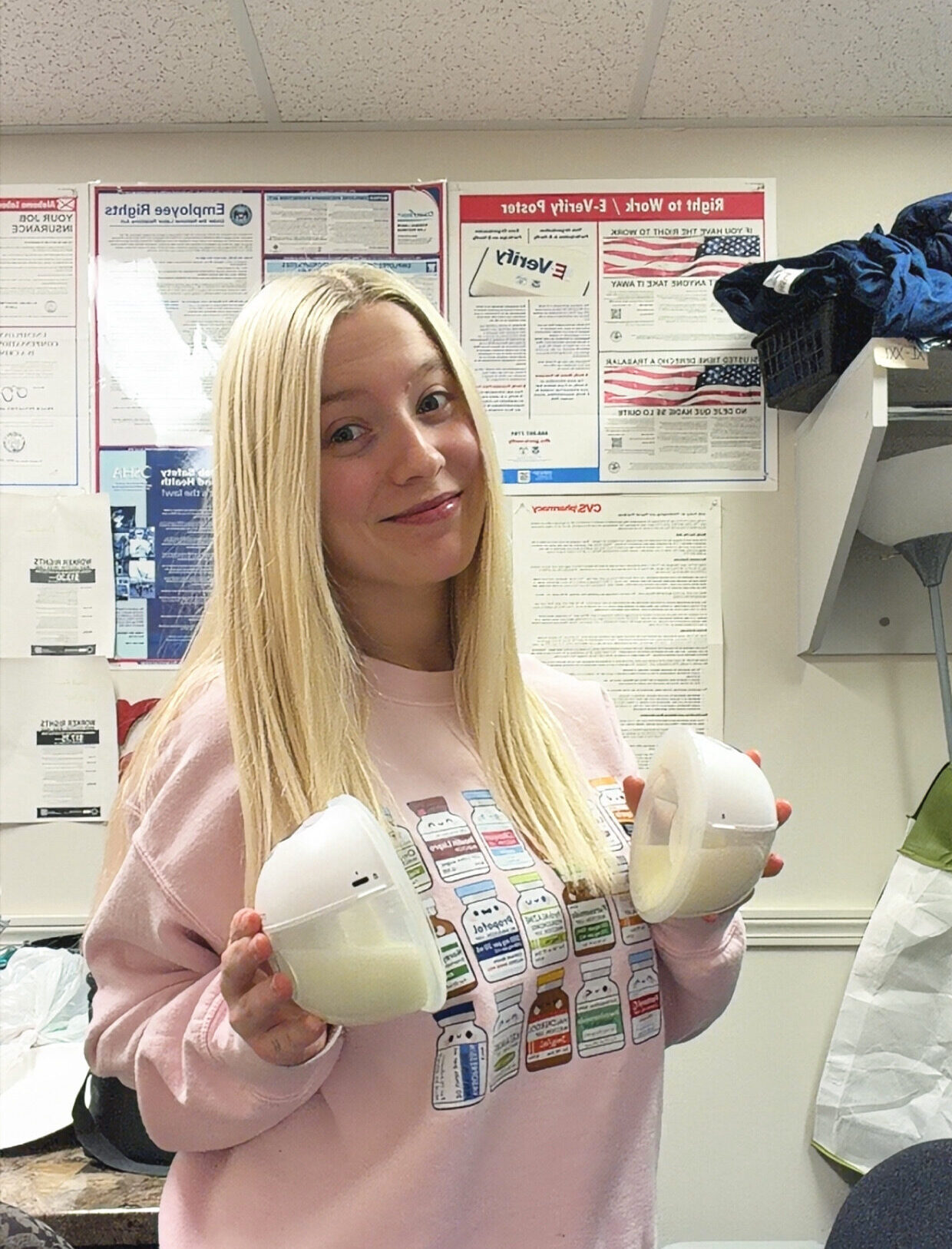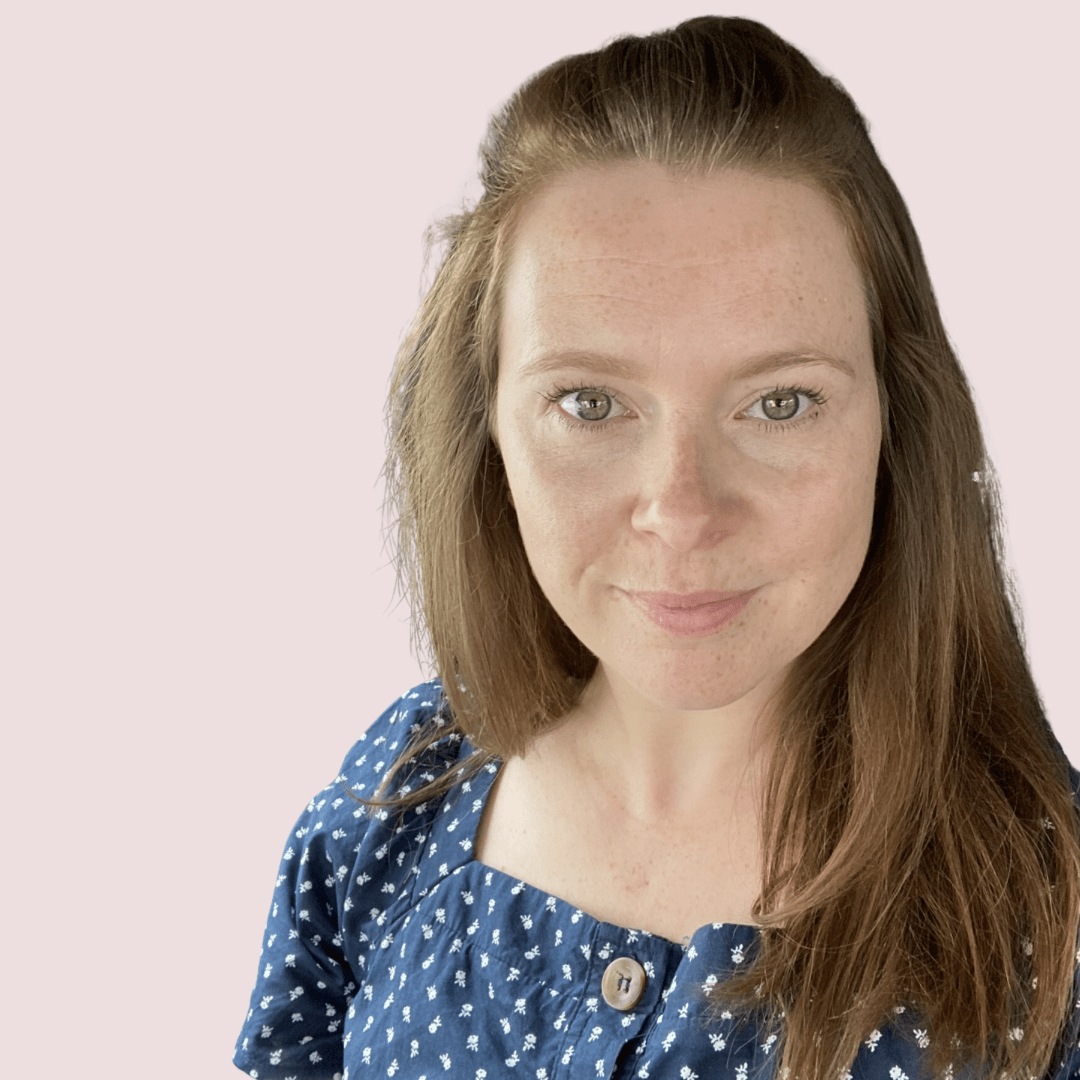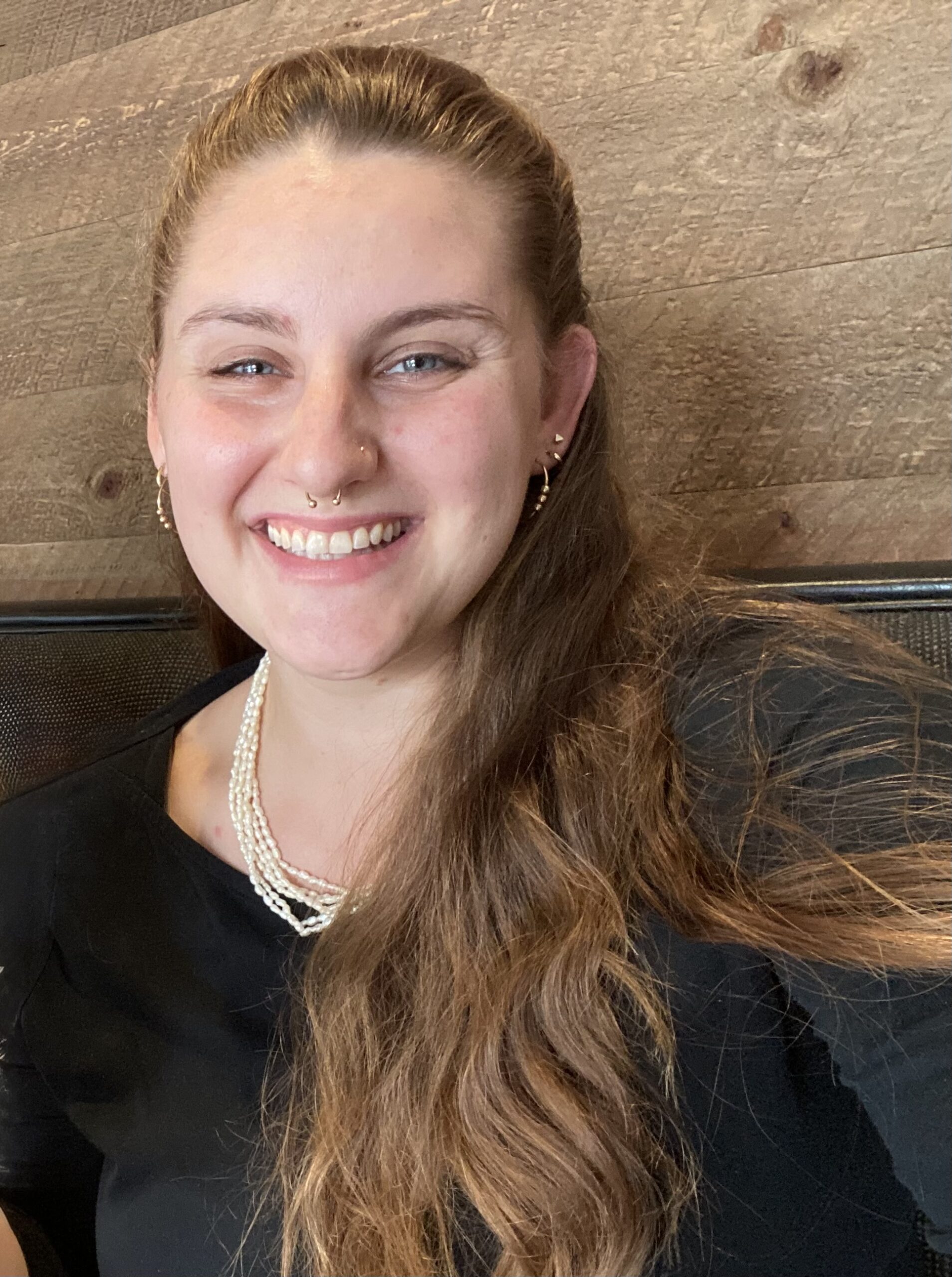Feeding human milk to our small humans is a critical aspect of nurturing their health and development. However, the language we use to discuss this topic of lactation must be inclusive and considerate of the diverse range of parents involved in this process.
While the majority of individuals who feed human milk are female and identify as mothers, it is essential to acknowledge that this is not universally true, and we must avoid excluding any marginalized sections of the community. Trans men and non-binary individuals also give birth and are capable of feeding milk from their bodies
Creating a more inclusive environment
Additionally, in some families, cross-nursing, wet nursing, and even induced lactation are common practices. For many of these parents, the term “chest feeding” feels more inclusive, as using the word “breasts” may cause dysphoria.
In some families, cross-nursing, wet nursing, and even induced lactation are common practices.
By acknowledging and respecting these diverse experiences, we can create a more inclusive environment that empowers all feeding relationships to thrive.
Asking about pronouns is a small but powerful step
Whether you work in lactation or simply care about supporting parents, the words and language you use play a significant role in shaping their experiences. Mindful language can foster an environment where trans men and non-binary parents feel seen, valued, and safe. By being mindful, we can avoid the premature interruption of feeding relationships and promote successful ones. Asking about pronouns* is a small but powerful step in acknowledging an individual’s identity and giving them the respect they deserve.
Specific queer birth organisations, like The Queer Parent Partnership, have emerged to provide support and representation for (among others) trans men and non-binary parents. While these organisations are essential, it is equally important for all lactation and birth services to be inclusive and welcoming to everyone. We should not depend solely on specialized organizations to cater to the needs of these parents; rather, all services should take proactive steps to understand and embrace diversity.
The goal is not to eradicate the experiences or language used by mothers. Instead, we seek to have trans men and non-binary parents recognized alongside women as equal participants in the parenting journey. We should never be considered as an afterthought but rather as an integral part of the parenting community.
Being mindful of our words and actions
Many women have been and continue to be strong allies who walk alongside trans men and non-binary parents. These allies listen to our fears, support us through challenges, and celebrate feeding milestones with us. We value these supportive relationships and recognize the importance of continuing to build such alliances. Using inclusive language and creating a safe, welcoming environment for all parents who feed human milk is crucial.
Let’s be mindful of our words and actions, considering how they impact trans men and non-binary parents. By making a conscious effort to understand and embrace diversity, we can ensure that all parents feel validated, seen, and celebrated in their feeding journeys. In doing so, we enrich the lives of families and create a more inclusive and compassionate society.
*Please note, pronouns are not “preferred”. It is essential to recognise that the act of feeding human milk to infants is not exclusive to women. Trans men, non-binary individuals, and people from various backgrounds also play crucial roles in parenting and nurturing their children. Inclusive language and understanding are key to creating an environment where all parents can feel seen, respected, and supported in their feeding journeys.
Building a more compassionate and accepting society for everyone
By embracing diversity and actively promoting inclusivity in lactation and birth services, we can build a more compassionate and accepting society for everyone involved in this fundamental aspect of parenting.
By embracing diversity and actively promoting inclusivity in lactation and birth services, we can build a more compassionate and accepting society
Let us strive to celebrate and validate the experiences of all parents, regardless of their gender identity, and work together to ensure that no one feels excluded or overlooked in this beautiful journey of nurturing and caring for our small humans.
This article was written by myself (Lea Howard) and Kim Roberts aka Nanny Kimbo.





